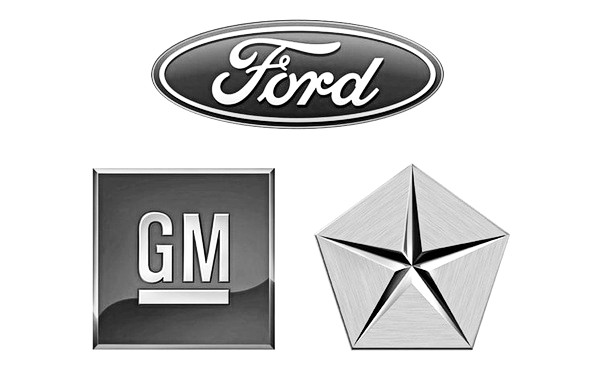- American car companies’ sales in China have been on a steady decline.
- “The market has totally changed,” Ford CEO Jim Farley said about China
- Without China, American car companies will likely lean into US electric vehicle sales.
Chinese automakers are giving US car companies a run for their money, especially as the momentum behind electric vehicles accelerates — and that could force the likes of Ford and GM to make some hard decisions.
Other than Tesla, popular US auto brands lost major ground in China last year, the world’s largest car market and critically important to manufacturers. GM’s car sales there fell 20% from 2021, while Ford’s declined 33.5%, according to advisory firm Automobility Ltd.
“The market has totally changed,” Ford CEO Jim Farley told reporters at a Thursday charity event in Detroit. “We’re going to have to rethink what the Ford brand means in a place like China.”
That’s especially true as EVs take center stage, Farley said, noting that he has learned the luxury brands that do best in the Chinese market sell only electric vehicles.
Chinese EV-maker market share in China rose 17% in 2022, while that of foreign automakers dropped 11%. Some of this can be attributed to Chinese car companies’ ability to build better and cheaper cars, especially EVs, that consumers are keen to buy.
“It’s pretty much the consensus belief that the US automakers are increasingly irrelevant” in China, Deutsche Bank analyst Edison Yu told Insider. “As we make this transition to EV, the GMs, the Fords in China will really have to be very bold and aggressive to find success.”
“At some point there needs to be either a decision to continue or to pull out,” Yu added. “We’re at a point where one does need to make a decision on their future.”
Car companies will double down on US buyers and EVs
As the industry bounced back from the Great Recession, and China became the fastest-growing (and EV friendly) car market in the world, American car companies rushed to enter the market.
But as political tensions increase between China and the US, operating in China is starting to become more of a risk for US companies.
Add in the fact that Chinese brands spent the last several years sapping up industry know-how from joint-ventures with US brands, and the Chinese market suddenly becomes a much more hostile place for an American company.
That means that US companies will redouble their EV efforts at home, where they can count on a more reliable and loyal customer base. The one kink in that plan is Elon Musk and his ongoing price war.
“Price wars are breaking out everywhere. Who’s going to blink for growth?” Farley said at the Thursday event.
The China vs America face-off is at a stalemate – for now
While American companies lose ground in China, there is a bright spot. The pandemic forced automakers to make more with less, by shifting their supply chains and focusing on the markets where they make the biggest profit margins.
GM largely led the charge to exit money-losing markets, pulling out of Europe in 2017 and later leaving Russia, India and Australia. The company still operates in China, but is struggling to defend its market share. GM’s China sales fell 25% in the first quarter of 2023 after retreating 20% last year.
The retreat from China and a hyper-focus on the US could be risky.
Making up the difference in Europe isn’t likely to be an option for US car companies — Europe’s a market which Chinese car makers are already aggressively chasing after, and the competition is increasingly fierce.
While there aren’t currently any Chinese car brands for sale in the US, the concern is that eventually the Chinese could eventually make a play to upend the US market.
“What happens in China will not stay in China,” Bill Russo, CEO of Automobility, told Insider in January.
Source: I N S I D E R



Recent Comments